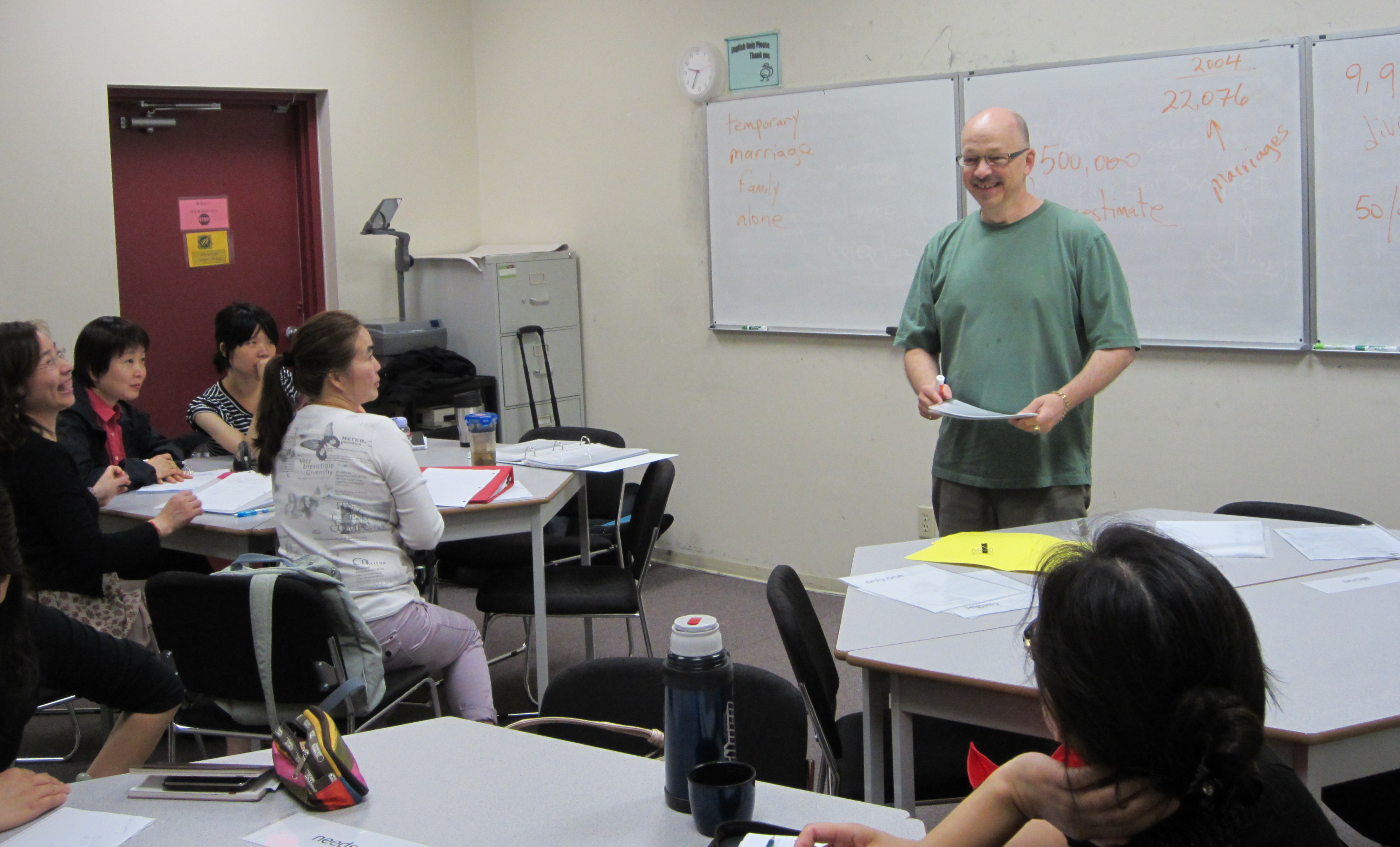Tutoring and coaching students of English-as-a-Second Language is always a pleasure for me. I get to know someone new and help you achieve your language-learning goals while learning about your life experience at the same time. I like to match my examples and our conversations to your life experience to keep things as relevant1 as possible.
Of course learning something new sometimes means moving outside your life experience. That’s where I can be your guide and mentor as you explore new things beyond the mundane day-to-day.
Learning a language should be a fun experience in my opinion. That’s why I use a small serving of humour in each session. It may be a joke or two, or some tongue-twisters that will have us laughing while at the same time improving your prononciation, enunciation2 and diction3.
When I was young my friends and I used to laugh ourselves silly with rapid repetitions of “she sells sea shells by the sea shore.”
Go ahead, try “she sells…” or “Peter Piper…”, three times, as fast as you can.
Peter Piper picked a peck of pickled peppers
A peck of pickled peppers Peter Piper picked
If Peter Piper picked a peck of pickled peppers
Where’s the peck of pickled peppers Peter Piper picked?
Learning English doesn’t have to be hard. Although it may be weird!

- Relevant – relating to a subject in an appropriate way
e.g. a relevant [=pertinent] question
e.g. The ideas and observations expressed in the book are still relevant today. - Enunciate – to pronounce words or parts of words clearly
e.g. Be sure to enunciate [=articulate] every syllable.
e.g. Children should be taught to enunciate clearly. - Diction – the clearness of a person’s speech
e.g. The actor’s diction was so poor I could hardly understand what he was saying.
